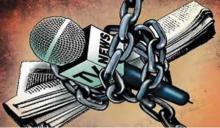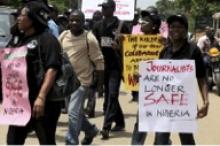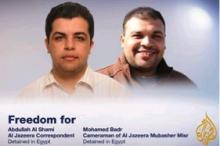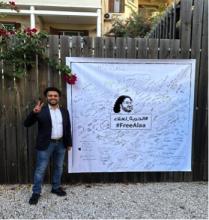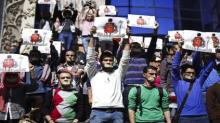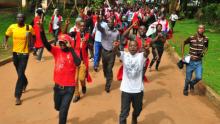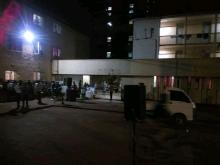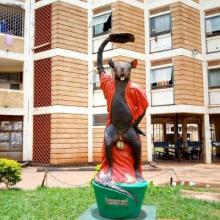Journalists in Nigeria believe there is a lot more that can be done to protect press freedom in the country. According to them, institutions such as government agencies and media professional bodies should commit and do more to ensure an environment where free press is achieved.
The Committee to Protect Journalists (CPJ) warns that lack of press freedoms in Nigeria is a threat to the country’s democracy. According to the CPJ, a minimum of 14 journalists were detained, attacked or harassed while covering the February 2023 Nigerian general elections.
Independent journalism based on truth, balance, fairness and justice under the Egyptian leadership of army general-turned politician Abdel Fattah El Sisi is not welcome.
However, media houses that restrict themselves on reporting about social issues, business, sports, the environment and other areas not commensurate with state activities are allowed to practice their independence, but heavily monitored by the state.
When the events of January 2011 began unfolding in the Egyptian capital, Cairo, Abdelrahman Mansour was there. Eighteen days of public demonstrations in the centre of Cairo climaxed with the resignation of President Hosni Mubarak on 11 February 2011, bringing to an end a 30-year reign.
Makerere University government-sponsored students on Friday June 10th, 2022 protested the delayed release of their semester allowances. The students are entitled to get allowances for food and living-out allowance for those not staying in the university halls.
The group led by their president, Omaria Oitebbe stormed the Senate building to demand for their financial benefits which they say had been overly delayed.

